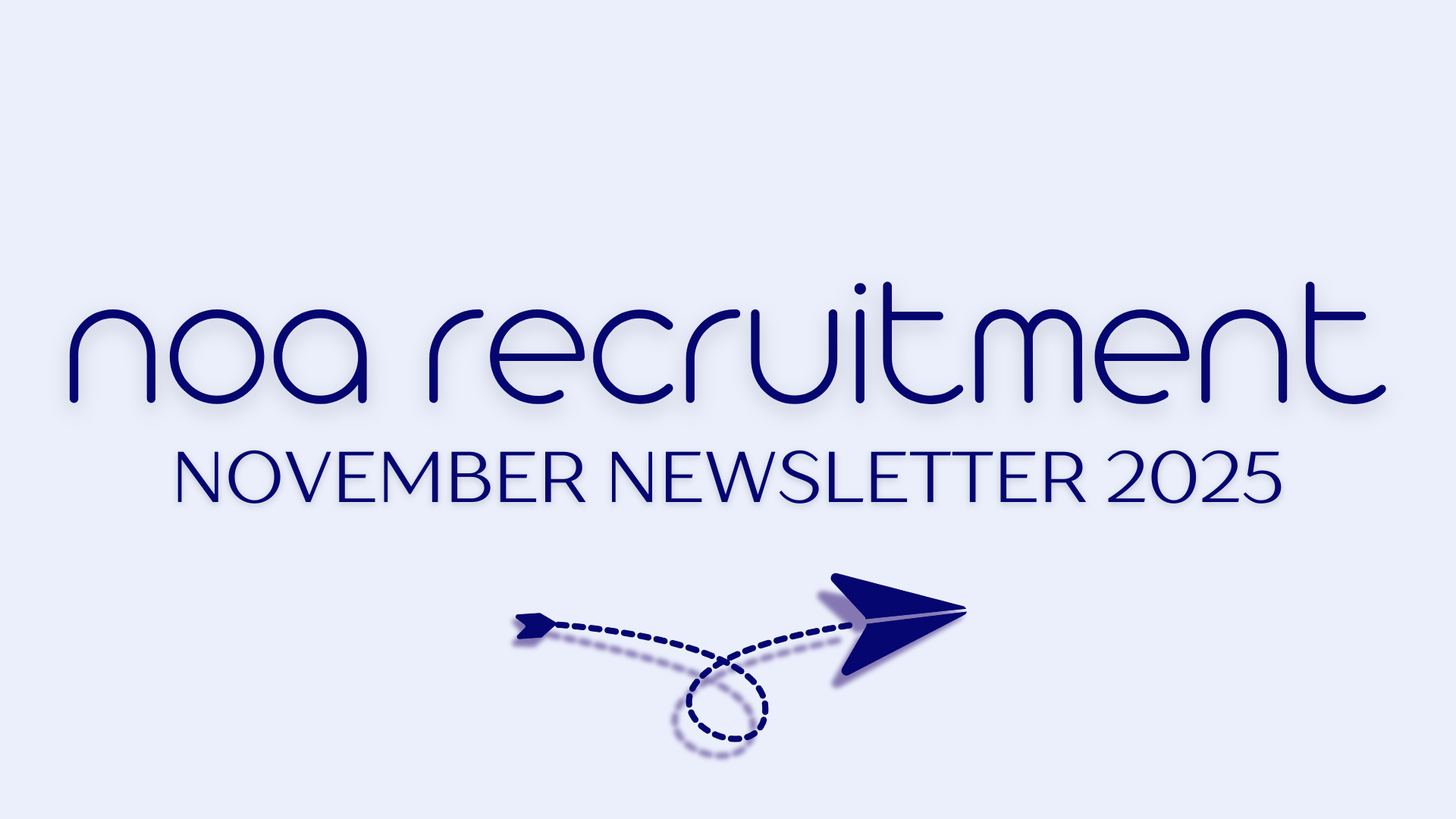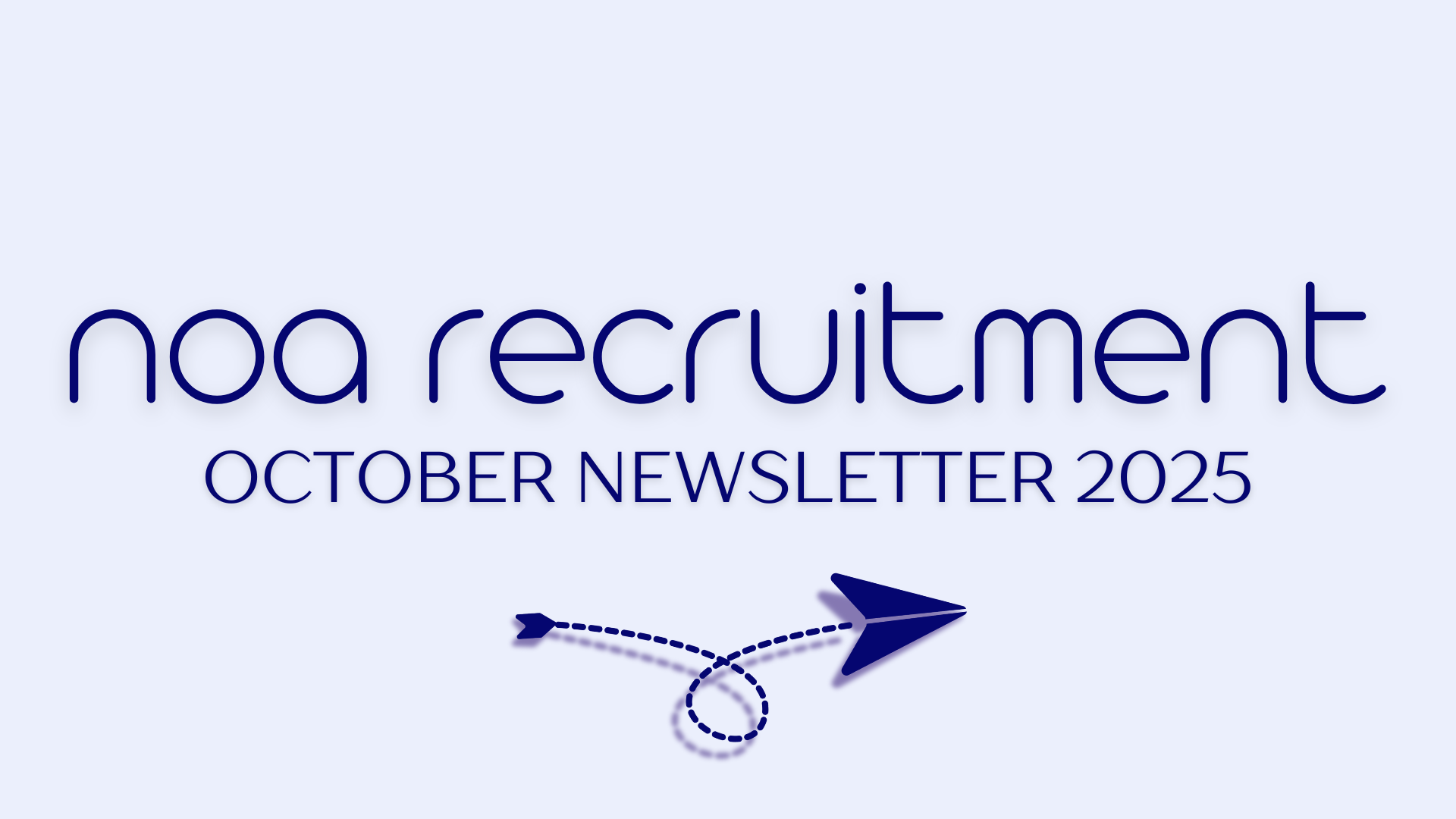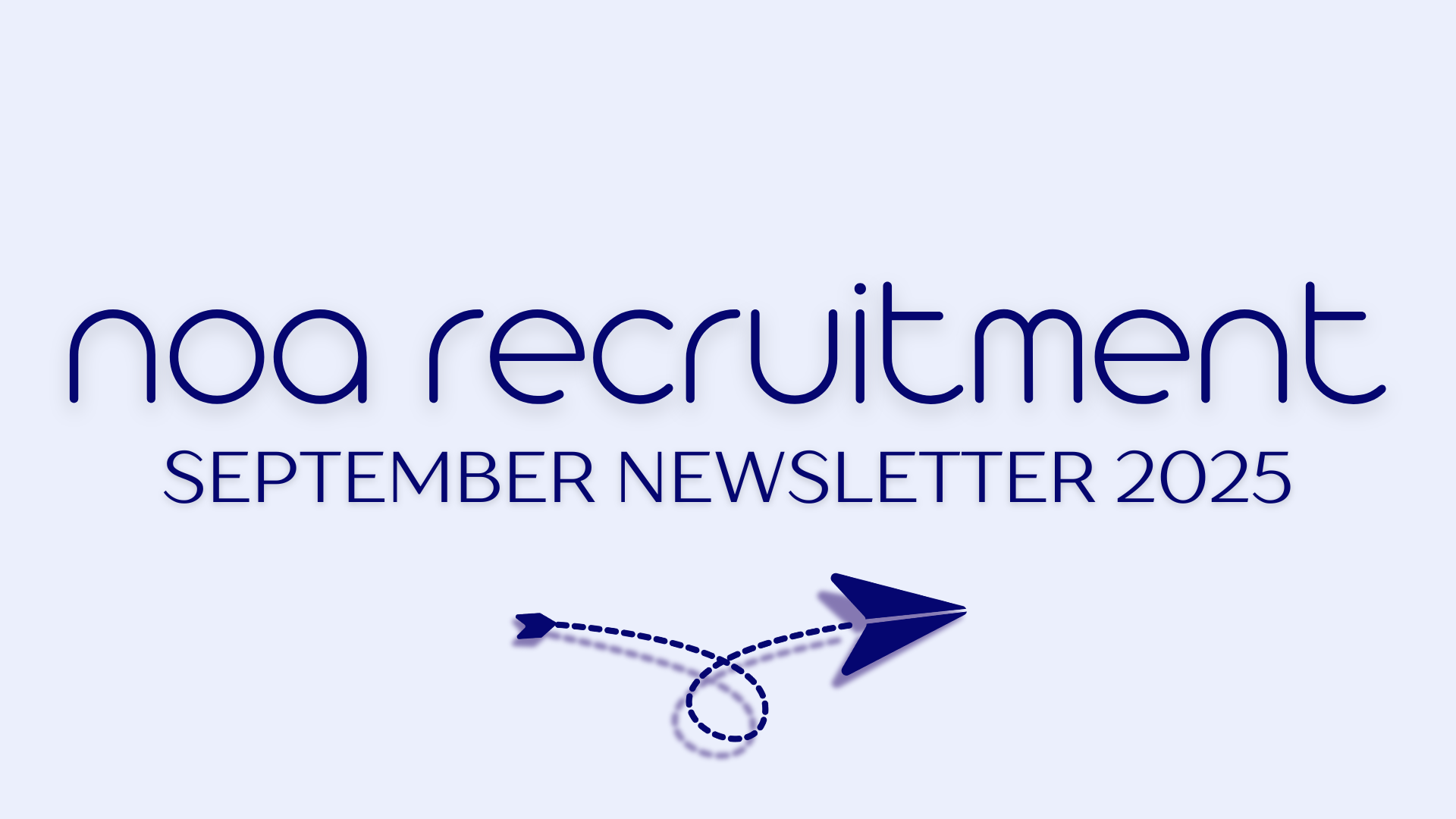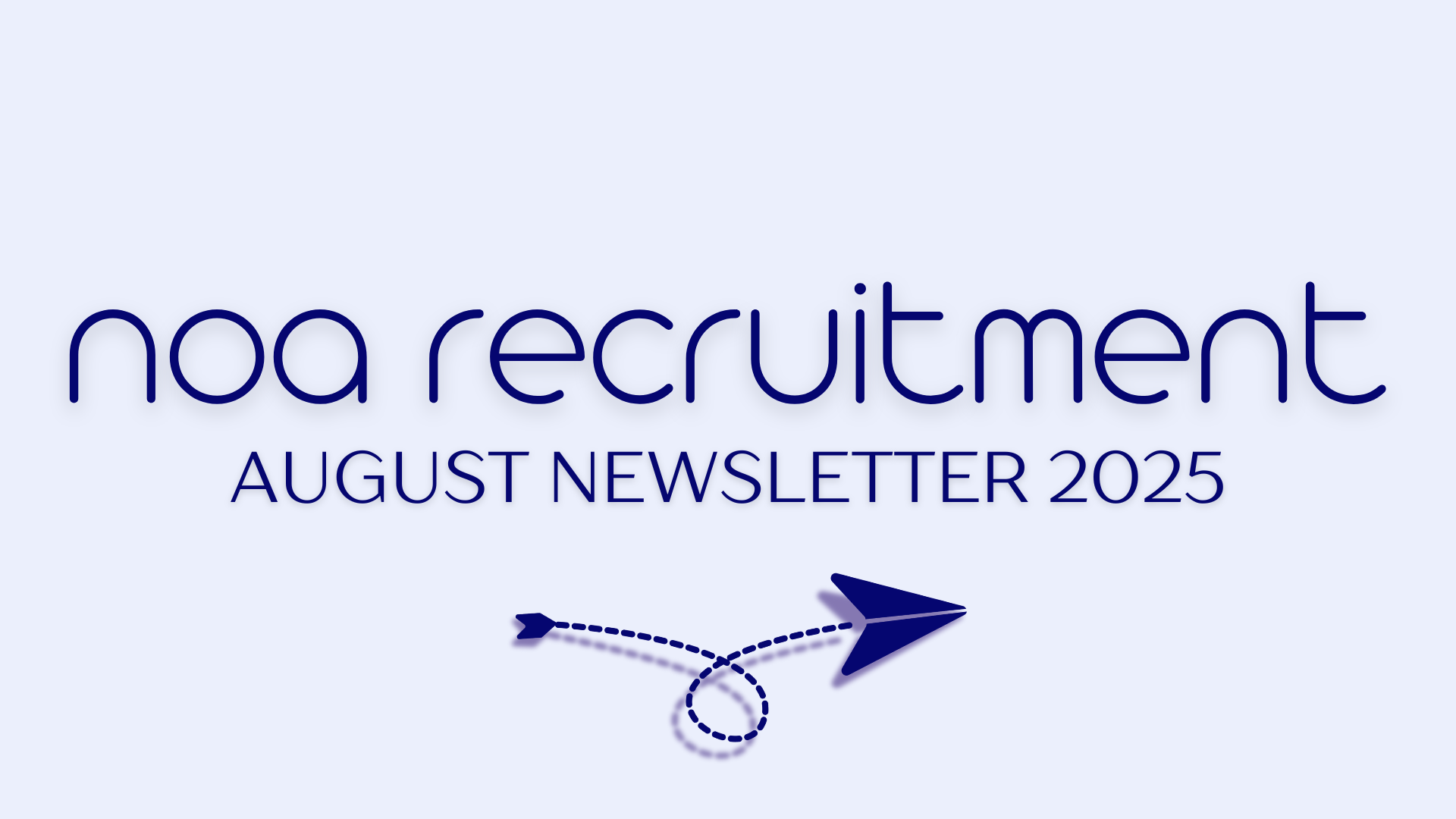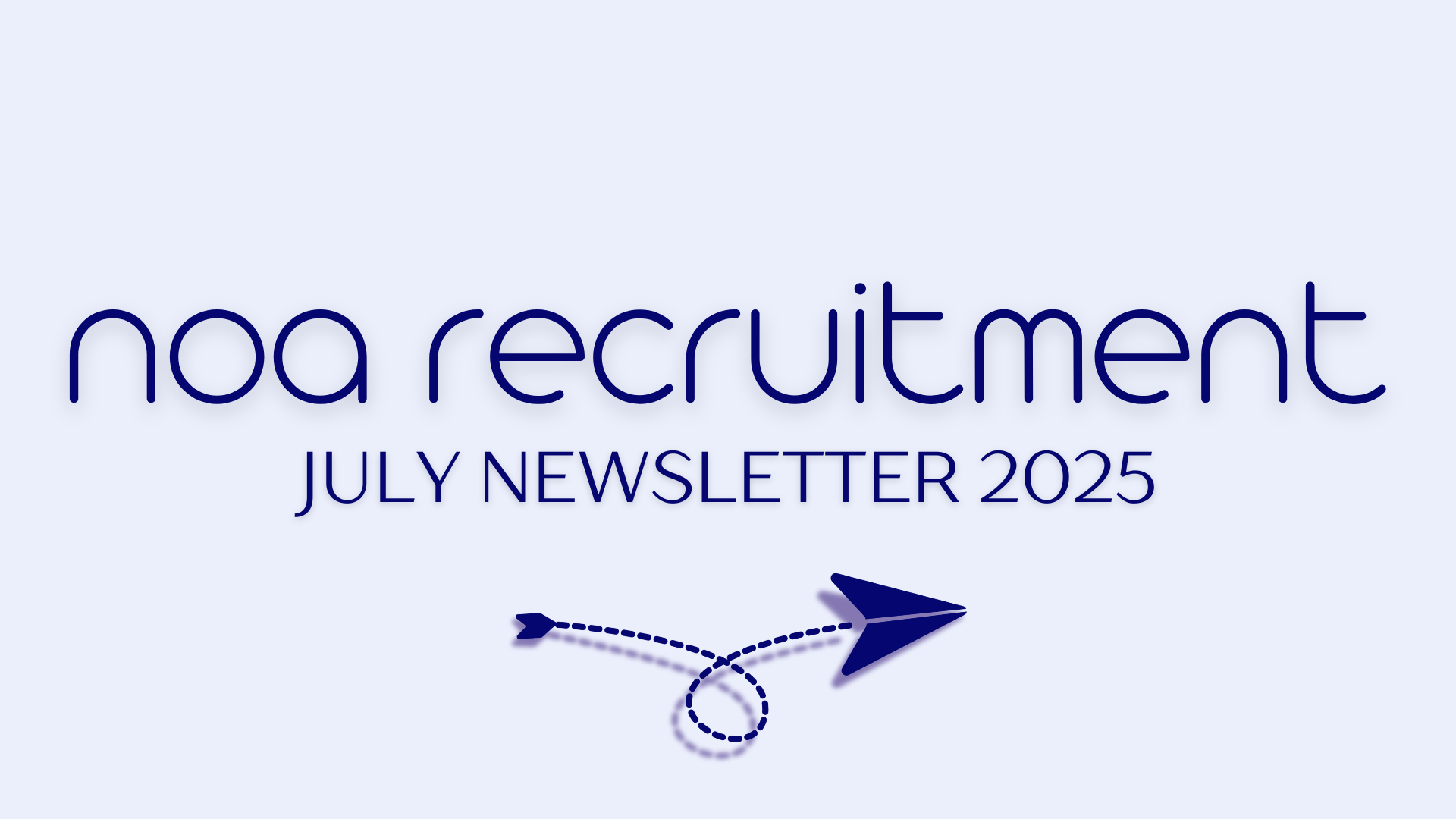Python Developer Interview Mastery: Tips and Tricks

Neil Harvey
Python, the versatile and widely-used programming language, is a sought-after skill in the tech industry. If you’re gearing up for a Python developer interview, you’re in the right place. In this blog, we’ll guide you through the essential strategies and skills needed to ace your Python developer interview and secure that dream job.

Master the Fundamentals
Start by solidifying your understanding of Python basics. Be prepared to explain data types, variables, loops, and functions. Demonstrating your grasp of the core language concepts is crucial for any Python developer interview.
Object-Oriented Programming (OOP)
Python supports OOP principles. Brush up on classes, objects, and inheritance, and be ready to discuss your experience in object-oriented Python development. This knowledge is often tested in a Python developer interview.
Data Structures and Algorithms
A solid understanding of data structures (lists, dictionaries, sets, etc.) and algorithms is key. Be prepared to solve coding challenges related to these concepts, as they are common in a Python developer interview.
Python Libraries and Frameworks
Familiarize yourself with Python libraries and frameworks relevant to your desired role. For example, if you’re applying for a data science position, knowledge of libraries like NumPy, Pandas, and scikit-learn is essential. This can be a significant part of your Python developer interview.
Real-World Python Projects
Discuss your hands-on experience with Python projects. Be ready to share details about project objectives, challenges you faced, and how you overcame them. Real-world experience is highly valued in a Python developer interview.
Web Development
If your role involves web development, review popular web frameworks like Django and Flask. Highlight any web projects in your portfolio and discuss your contributions, as this can be a key focus in a Python developer interview.
Problem-Solving Skills
Expect coding challenges and algorithmic questions during your interview. Practice solving problems on platforms like LeetCode and HackerRank to sharpen your problem-solving skills, an essential part of any Python developer interview.
Version Control
Proficiency in version control systems like Git is vital. Discuss how you’ve used version control in your Python projects, as this is often a topic in a Python developer interview.
Soft Skills
Effective communication and teamwork are crucial in a Python development role. Share examples of how you’ve collaborated with cross-functional teams and conveyed technical information to non-technical stakeholders, as these skills are often evaluated in a Python developer interview.
Projects and Portfolio
Showcase your Python projects and contributions to open-source projects. A well-documented portfolio demonstrates your skills and practical experience, and is a valuable asset in a Python developer interview.
Mock Interviews
Practice with mock interviews to simulate the real interview experience and get feedback on your responses and presentation. This can greatly enhance your confidence and performance in a Python developer interview.
Stay Updated
Keep up with the latest trends and developments in the Python ecosystem. Knowledge of Python 3.9 features, for instance, can set you apart in a Python developer interview.
Asking Thoughtful Questions
Prepare insightful questions for the interviewer about the company’s tech stack, development methodologies, and the specific Python projects you’ll be working on. This shows your genuine interest and engagement, and is a good practice for a Python developer interview.
With these strategies and skills in your arsenal, you’ll be well-prepared to excel in your Python developer interview and secure that coveted Python development role. Good luck!
For Python roles (and more tech roles!) visit our Jobs page and for more articles, visit our Latest News page!
Related News
View all newsFind a Job
Our staff have one mission: to deliver an amazing experience to the candidates that we work with.
Hire Talent
Whether you need to hire your first Machine Learning engineer, scale your DevOps team or hire a Director of Software Engineering, we have got you covered.
About us
Noa are here to help our customers find and hire Simply Great People. It really is that simple.



